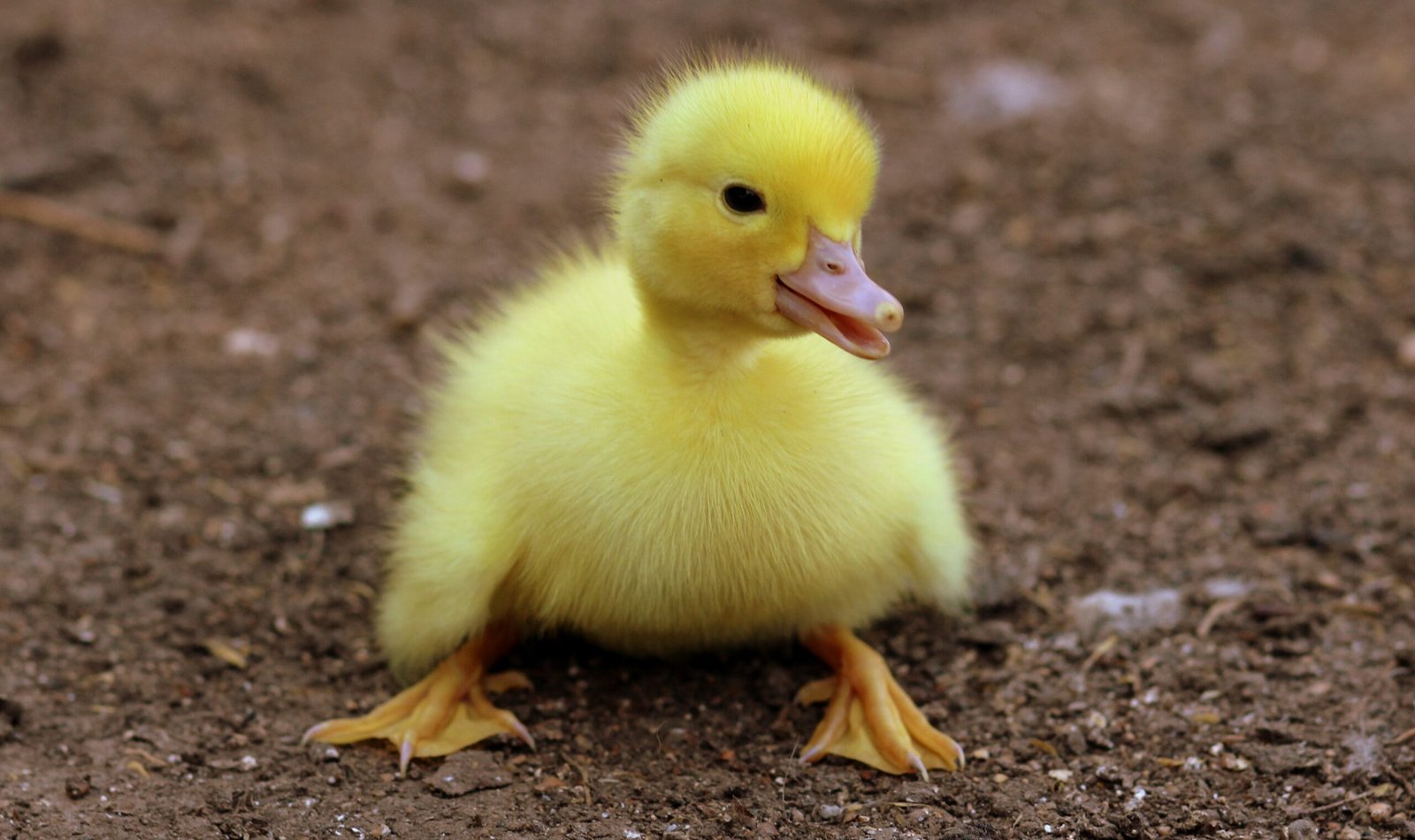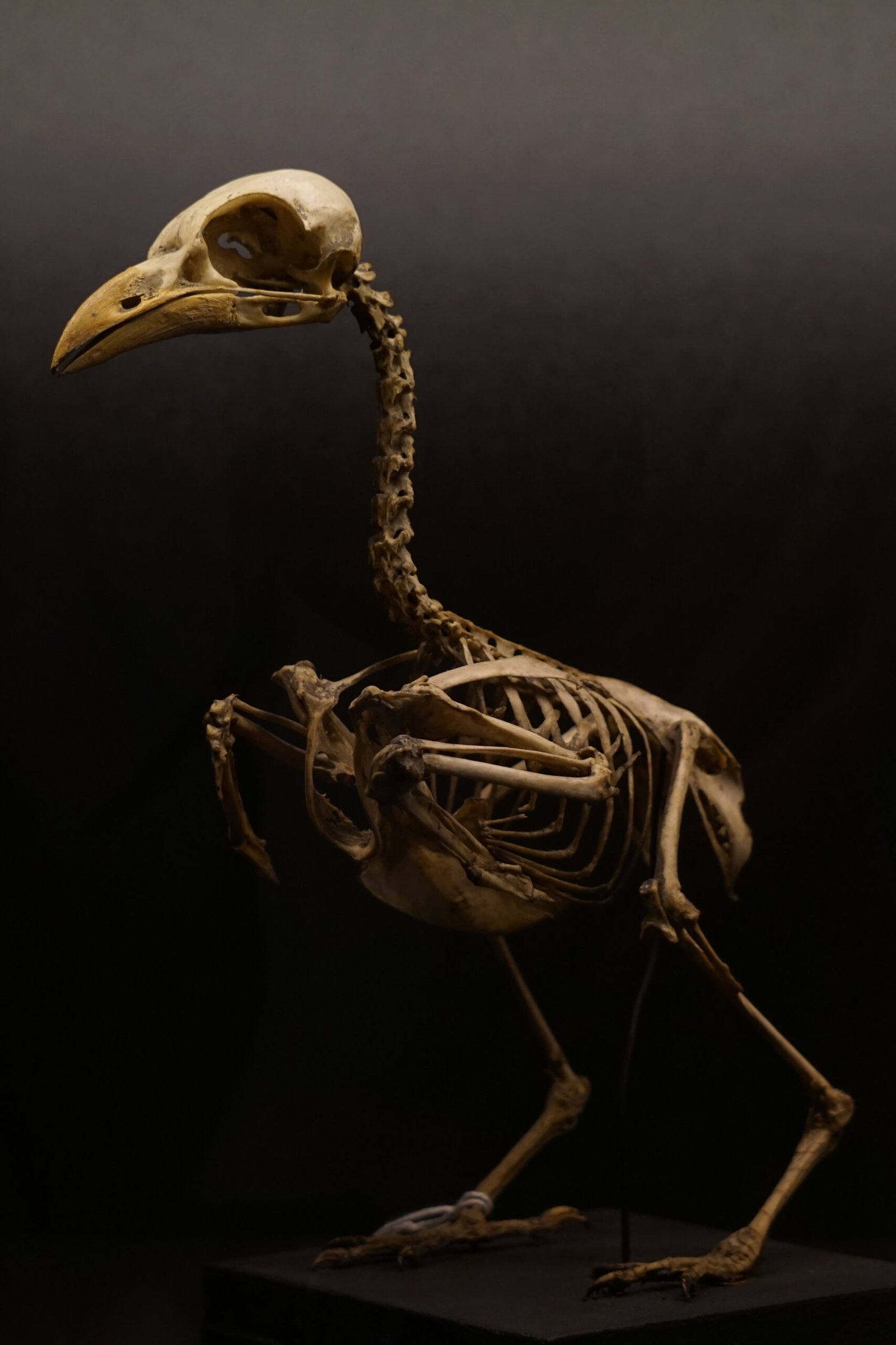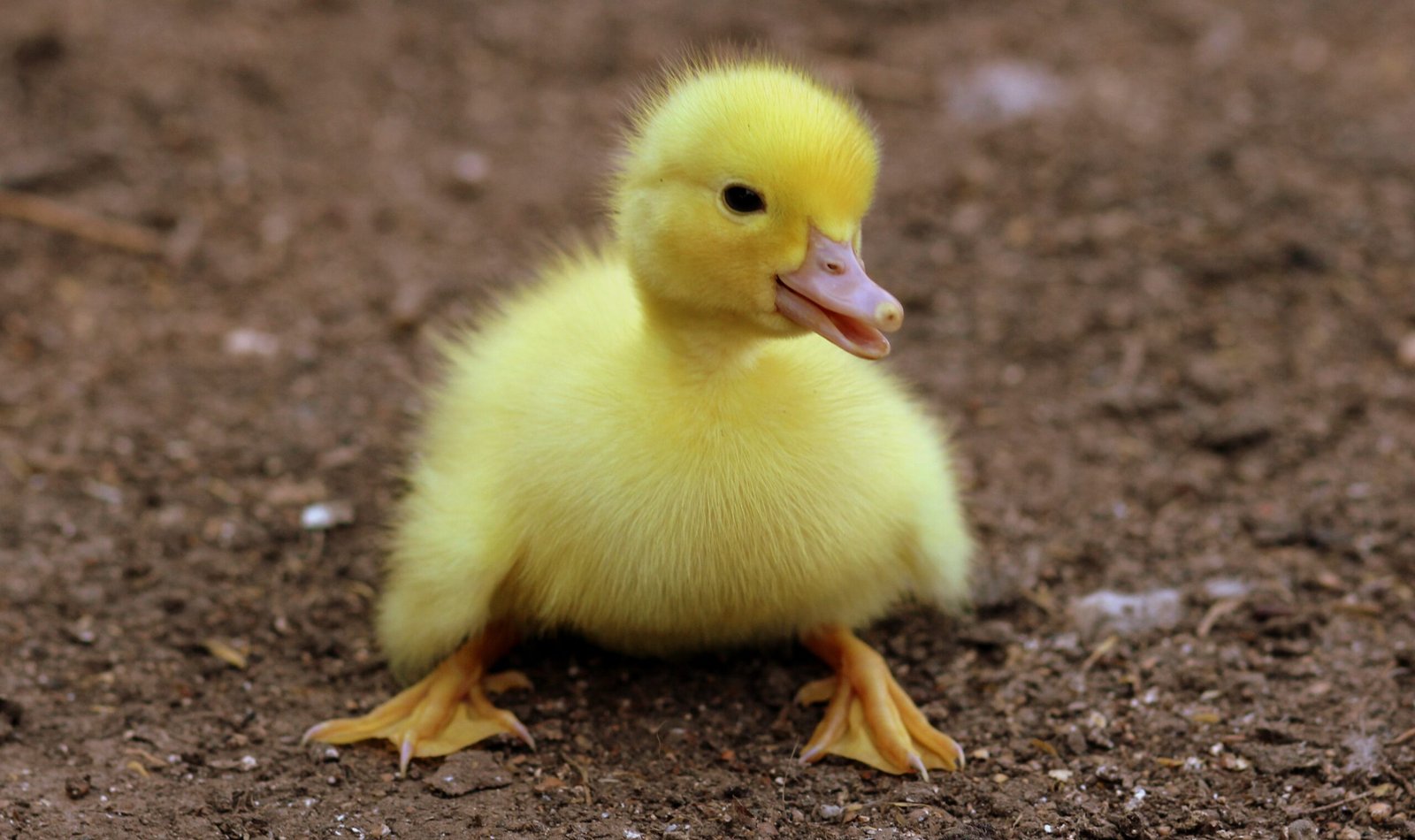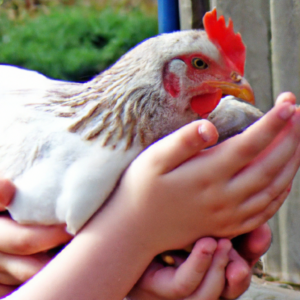
Imagine having a harmonious and diverse poultry community in your backyard. You may be wondering if it’s possible to keep guinea fowl and chickens in the same area. Well, the good news is that it is indeed possible! While both species have their unique characteristics, they can coexist peacefully under certain conditions. In this article, we will explore the compatibility of guinea fowl and chickens, discuss the benefits of keeping them together, and provide useful tips to ensure a successful integration. So, get ready to learn how you can create a vibrant and dynamic avian community right in your own backyard!

Benefits of Keeping Guinea Fowl and Chickens Together
Reduced Pest Infestation
Keeping guinea fowl and chickens together can significantly reduce pest infestation on your property. Both species have a natural instinct for foraging and hunting small insects like ticks, spiders, grasshoppers, and even small rodents. Guinea fowl, in particular, are renowned for their exceptional pest control abilities. Their diet consists mainly of insects, making them excellent companions for chickens as they can help eliminate pests that could potentially harm your chickens or damage your garden.
Improved Security
When kept together, guinea fowl and chickens can work in harmony to provide increased security for your flock. Guinea fowl are highly vigilant and possess excellent hearing and vision, making them highly effective in detecting potential threats. Their loud vocalizations serve as an alarm system, alerting the entire flock and deterring predators. Chickens, on the other hand, contribute to the security aspect by providing strength in numbers and assisting in the early detection of predators. Together, guinea fowl and chickens create a more secure environment, reducing the risk of predation.
Increased Foraging Efficiency
Guinea fowl and chickens have different foraging behaviors that complement each other well. Chickens tend to scratch and peck close to the ground, whereas guinea fowl have a superior ability to forage farther distances and scavenge for food in taller vegetation. By allowing these two species to mingle, you maximize the efficiency of their foraging efforts. Guinea fowl can uncover insects and other food sources that may have been missed by the chickens, while chickens tend to unearth pests closer to the ground. This combination allows for a more thorough and productive foraging experience, resulting in improved nutrition for both species.
Considerations for Keeping Guinea Fowl and Chickens Together
Compatibility and Aggression
Before deciding to keep guinea fowl and chickens together, it’s crucial to consider their compatibility and potential aggression towards each other. While guinea fowl and chickens can coexist harmoniously, there may be instances of aggression, especially during the initial integration phase. It’s important to choose compatible breeds within each species and monitor their interactions closely. Some chicken breeds are more territorial and may display aggression towards the guinea fowl. Similarly, guinea fowl can sometimes exhibit aggression towards chickens. By selecting breeds known for their docility, you can minimize the likelihood of aggressive behavior.
Space Requirements
Space plays a vital role in maintaining a peaceful coexistence between guinea fowl and chickens. Both species require ample space to roam, forage, and establish their territories. Overcrowding can lead to increased aggression and stress among the flock members. As a general guideline, provide a minimum of 10 square feet per bird within the shared area. This will ensure that each bird has enough space to exhibit their natural behaviors without feeling cramped or crowded.
Food and Water
When keeping guinea fowl and chickens together, it’s essential to consider their dietary needs and ensure fair access to food and water sources. Guinea fowl have a higher protein requirement than chickens, as they rely heavily on insects and other sources of animal-based protein. Providing a varied diet with both commercial poultry feed and supplemental insects or mealworms will help meet the nutritional needs of both species. It’s also crucial to ensure that multiple feeding and watering stations are available to prevent competition and potential conflicts over resources.

Integration Process
Choosing Compatible Breeds
To ensure a successful integration, it’s important to choose compatible breeds of guinea fowl and chickens. Some chicken breeds are more adaptable to the presence of guinea fowl, whereas others may be more likely to display aggressive behavior. Selecting chicken breeds known for their calm and non-confrontational nature, such as Orpingtons or Wyandottes, can increase the likelihood of a smooth integration process. Consider researching specific guinea fowl breeds that are known to coexist well with chickens, such as Pearl or White or Lavender varieties.
Quarantine and Observation Period
Before introducing guinea fowl to your existing flock of chickens, it is essential to quarantine the new birds and conduct an observation period. This measure helps prevent the spread of potential diseases between the two groups and allows you to assess the compatibility and behavior of the guinea fowl. During this time, closely monitor the guinea fowl for any signs of aggression or distress. Be patient and take the necessary time to observe their behavior before proceeding with the integration process.
Housing Requirements
Coop Design
When housing guinea fowl and chickens together, it’s crucial to provide a coop that caters to the unique needs of both species. The coop should be spacious enough to accommodate the flock comfortably and allow for adequate ventilation. Separate areas within the coop can be designated for nesting and roosting to give each species a sense of privacy. It’s important to ensure that the coop is predator-proof and features sturdy walls and fencing to prevent any unwanted visitors from gaining access.
Perches and Roosting Spaces
Providing adequate perch and roosting spaces is essential for the overall well-being of both guinea fowl and chickens. Guinea fowl prefer to roost higher off the ground than chickens, as it replicates their natural behavior in the wild. Ideally, provide perches at different heights within the coop to accommodate the preferences of both species. This allows each bird to select the roosting space that feels the most comfortable and secure to them.
Nest Boxes and Laying Areas
Guinea fowl and chickens have different nesting preferences. Chickens prefer to lay their eggs in cozy, darkened nest boxes, while guinea fowl have a tendency to lay their eggs in hidden locations or even on the ground. To provide for both species, ensure the coop contains suitable nest boxes for chickens, lined with soft bedding material. Additionally, offer secluded areas or shallow nests with plenty of loose, clean hay for guinea fowl to lay their eggs. Providing separate areas for their respective nesting preferences will minimize competition and potential conflicts.

Feeding and Care
Feed Requirements
Proper nutrition is vital for the health and well-being of guinea fowl and chickens. Offering a balanced diet that meets the specific needs of each species is essential. Guinea fowl have a higher requirement for protein, often needing feed with 20-24% protein content. Chickens, depending on their age and purpose (laying hens, meat birds, or chicks), have varying dietary needs, typically ranging from 16-20% protein. Ensure that both species have access to appropriate feed and adjust accordingly to meet their nutritional requirements.
Foraging Opportunities
Guinea fowl and chickens thrive on foraging and should be given ample opportunities to exhibit this natural behavior. Incorporate foraging areas within their shared space by allowing access to larger outdoor areas or rotating their grazing pasture. Encourage the flock to explore and scavenge for insects, grasses, and plants to diversify their diet and stimulate their foraging instincts. Regularly inspect the area for any potentially harmful plants or toxic substances to ensure the safety of both species.
Healthcare and Vaccinations
Maintaining the health of your guinea fowl and chickens is of utmost importance. Regular veterinary care and vaccinations are essential to prevent and treat common diseases. While chickens have a more established vaccination schedule, guinea fowl also require specific vaccinations, such as for Marek’s disease. Consult with a poultry veterinarian to develop a comprehensive healthcare plan that addresses the specific needs of each species. Regular observation and prompt treatment for any signs of illness or injury are crucial to ensure the overall well-being of your flock.
Predator Protection
Common Predators to Consider
Protecting your guinea fowl and chickens from predators is essential to their safety and well-being. Common predators that pose a threat to both species include raccoons, foxes, snakes, and birds of prey. It’s important to be aware of the predators in your area and take appropriate measures to secure the coop and outdoor areas to prevent attacks.
Effective Protective Measures
Implementing effective protective measures can significantly reduce the risk of predation. Start by thoroughly securing the coop with sturdy fencing and predator-proof locks on doors and windows. Reinforce the perimeter of the outdoor areas with buried fencing or hardware cloth to prevent predators from digging under or climbing over. Consider installing motion-activated lights or alarms to deter nighttime predators. Regularly inspect the coop and surrounding areas for any signs of weakness or potential entry points.
Alertness and Vigilance
Maintaining a sense of constant vigilance and awareness is a key aspect of predator protection. Guinea fowl and chickens rely on their flock’s collective alertness to detect and respond to potential threats. Encourage the flock to be vigilant by providing perches or high vantage points from which they can observe their surroundings. Establish a routine of regularly checking the flock and their environment for any signs of disturbance or predator presence. By staying alert, you can swiftly respond to any potential danger and protect your guinea fowl and chickens.
Potential Challenges and Issues
Noise and Disturbances
Both guinea fowl and chickens can be noisy creatures, which may pose a potential challenge, especially in urban or suburban areas. Guinea fowl are particularly known for their loud vocalizations, which can be disruptive to neighbors. While the noise level may vary depending on the specific breed and individual temperament, it’s important to consider the potential impact of noise and disturbances on your surroundings. If noise is a concern, choose guinea fowl breeds that are known for having a somewhat quieter nature.
Dust and Feather Intolerance
Guinea fowl are known for their dust bathing behavior, which can result in a dusty environment. Some chicken breeds may have a lower tolerance for dust and feathers and may be more prone to respiratory issues. To mitigate this, ensure ample ventilation within the coop and provide areas that allow for dust bathing and feather maintenance. Regularly cleaning the coop and maintaining good hygiene practices are vital for the overall health and comfort of the birds.
Separating Aggressive Individuals
In any flock, there may be instances of aggression or bullying behavior, even when keeping guinea fowl and chickens together. If any individual becomes excessively aggressive or poses a threat to the well-being of others, it may be necessary to separate them temporarily or permanently. Providing separate areas within the coop or utilizing temporary fencing can help establish boundaries and maintain harmony within the flock.
Benefits of Separate Areas
Reduced Disease Transmission
While keeping guinea fowl and chickens together offers numerous benefits, it’s important to consider the potential risk of disease transmission between the two species. Each species may be susceptible to different diseases or parasites that could be spread through direct contact or shared resources. By providing separate areas for each species, you can reduce the risk of disease transmission and better manage their individual health needs.
Individual Species Management
Having separate areas allows for easier management and care of each species. Guinea fowl have different dietary requirements, roosting preferences, and entertainment needs compared to chickens. Separating them into individual areas enables you to cater to their specific needs more effectively. It also allows you to monitor their behavior, health, and productivity more closely, ensuring optimal management and care.
Better Control During Breeding
If you plan to breed either guinea fowl or chickens, having separate areas is advantageous. Breeding requires careful supervision, selective pairing, and controlled conditions to ensure successful fertility rates and safe hatching. Separating the breeding pairs into their designated areas allows for better control over the breeding process and minimizes the risk of unwanted crossbreeding.
Conclusion
With careful planning and management, you can successfully keep guinea fowl and chickens together in the same area. The benefits of reduced pest infestation, improved security, and increased foraging efficiency make them an excellent pairing. However, it is crucial to consider compatibility and aggression, space requirements, and food and water accessibility. The integration process should be gradual and involve choosing compatible breeds and monitoring their interactions closely. Providing suitable housing, ensuring proper feeding and care, and implementing effective predator protection measures are essential. Be mindful of potential challenges, such as noise and disturbances, dust, and feather intolerance, and be prepared to separate aggressive individuals if necessary. Separating the birds into separate areas offers benefits such as reduced disease transmission, individual species management, and better control during breeding. By following these guidelines, you can enjoy the company of both guinea fowl and chickens while maintaining a harmonious and thriving flock.







